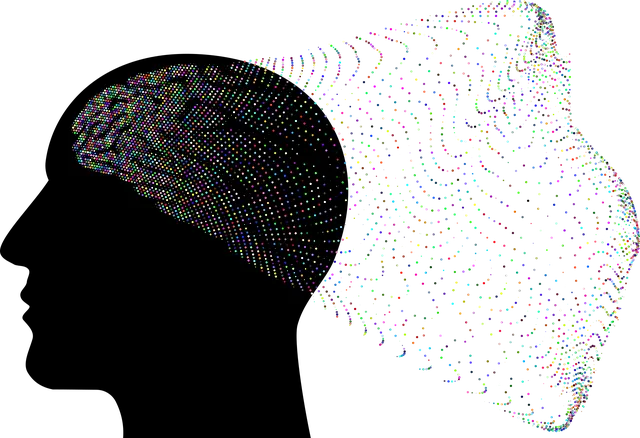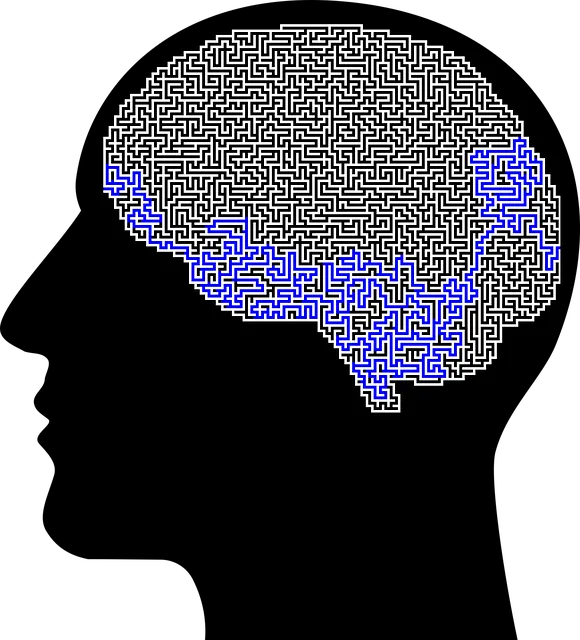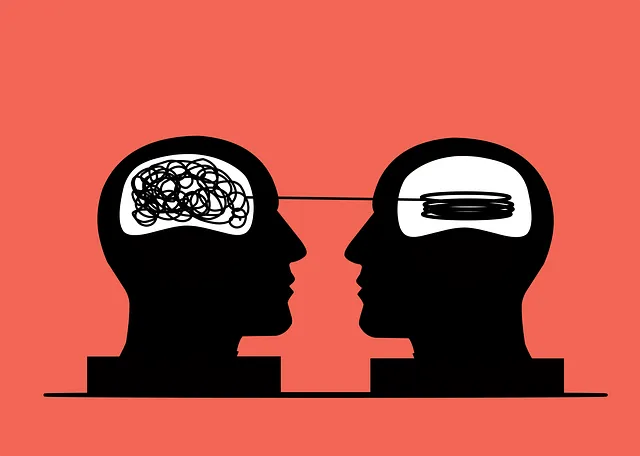Prioritizing mental wellness is key in today's fast-paced world, and self-assessment tools play a vital role. The Aurora Kaiser Permanente mental health phone number in Norcal offers easy access to guidance. Incorporating these assessments into routine care, with a focus on diverse aspects like emotional well-being and relationships, leads to better outcomes. Effective tools should be user-friendly, balanced, and evidence-based, offering personalized feedback. Digital platforms, like the Aurora Kaiser Permanente phone number, revolutionize accessibility, providing 24/7 services through telemedicine. Continuous refinement based on community feedback ensures these tools remain effective and relevant for mental wellness management.
In today’s digital age, self-assessment tools play a pivotal role in individual mental wellness management. Recognizing the growing demand for accessible resources, Aurora Kaiser Permanente in Norcal has initiated development of innovative self-assessment solutions. This article explores the necessity and process behind creating comprehensive tools to aid individuals in understanding their mental health status. We delve into crucial components, design principles, integration with traditional support systems, testing methodologies, and continuous improvement strategies, offering insights into enhancing mental wellness through tech-driven approaches.
- Understanding the Need for Self-Assessment Tools in Mental Health
- Identifying Key Components of a Comprehensive Self-Assessment
- Design and Development Considerations for User-Friendly Tools
- Integrating Digital Solutions with Traditional Support Systems
- Testing, Refinement, and Continuous Improvement Strategies
Understanding the Need for Self-Assessment Tools in Mental Health

In today’s fast-paced world, prioritizing mental wellness is more critical than ever. Self-assessment tools play a pivotal role in this regard, offering individuals an accessible and convenient way to gauge their mental health status. These tools empower people to take ownership of their well-being, enabling early detection of potential issues like anxiety, depression, or stress-related disorders. For those seeking support, the Aurora Kaiser Permanente mental health phone number in Norcal is a trusted resource, providing easy access to professional guidance.
By incorporating self-assessment into routine healthcare practices, we can foster better mental healthcare outcomes. This is particularly crucial in addressing the diverse needs of different cultural backgrounds. Cultural sensitivity in mental healthcare practice ensures that these tools are inclusive and respectful of various perspectives. Moreover, such assessments can guide the development of personalized Stress Reduction Methods, catering to the unique challenges faced by individuals from diverse communities.
Identifying Key Components of a Comprehensive Self-Assessment

When developing a self-assessment tool for mental wellness, it’s crucial to identify and incorporate key components that comprehensively gauge an individual’s psychological state. The first step involves understanding the diverse aspects of mental health, including emotional well-being, cognitive function, and interpersonal relationships. Aurora Kaiser Permanente’s mental health phone number in Norcal serves as a valuable resource for those seeking guidance in navigating these complex areas.
A robust self-assessment should delve into various facets such as positive thinking, stress management techniques, coping mechanisms, and overall life satisfaction. By incorporating questions or exercises that explore these themes, users can gain insightful reflections about their mental wellness. This process empowers individuals to identify areas of strength and weakness, fostering a deeper understanding of their emotional landscape and paving the way for personalized strategies to enhance overall mental health.
Design and Development Considerations for User-Friendly Tools

Developing user-friendly mental wellness self-assessment tools requires careful consideration to ensure accessibility and effectiveness for a diverse range of users. Key design elements include intuitive interfaces, clear language, and visually appealing layouts that minimize potential barriers to engagement. Incorporating features such as customizable questions, interactive visualizations, and personalized feedback mechanisms can enhance user experience and promote active participation in assessing and managing mental health.
For instance, tools like the Aurora Kaiser Permanente mental health phone number Norcal offers should be designed with a focus on simplicity and inclusivity. This may involve using straightforward language, providing options for different reading levels, and ensuring compatibility with various devices. Additionally, integrating evidence-based practices such as Depression Prevention strategies, Inner Strength Development exercises, and techniques to foster Positive Thinking can empower users to take proactive steps towards mental wellness.
Integrating Digital Solutions with Traditional Support Systems

In today’s digital era, integrating innovative solutions with established support systems is transforming mental wellness self-assessment tools. While traditional methods like in-person therapy and community outreach remain crucial, digital platforms offer unprecedented accessibility and flexibility. Aurora Kaiser Permanente’s mental health phone number in Norcal serves as a prominent example, providing immediate access to expert guidance via telemedicine. These online resources not only supplement but also enhance the effectiveness of existing support structures by offering 24/7 availability, personalized recommendations, and discreet services tailored to individual needs.
By combining digital solutions with traditional Trauma Support Services, mental health professionals can create comprehensive care plans. Mental Wellness Journaling Exercise Guidance, for instance, can be easily integrated into online platforms, empowering individuals to track their emotional well-being and progress. Furthermore, digital tools facilitate regular risk assessments, enabling mental health professionals to proactively monitor and address potential crises, especially among at-risk populations. This fusion of technology and human support promises a more inclusive and efficient approach to mental wellness management.
Testing, Refinement, and Continuous Improvement Strategies

The development of a robust mental wellness self-assessment tool requires a systematic approach to testing, refinement, and continuous improvement. Initially, the tool undergoes rigorous trials involving a diverse range of users from the Aurora Kaiser Permanente community, including both healthcare providers and patients, to ensure its effectiveness and usability. This feedback loop is crucial for identifying any gaps or areas that need enhancement, thereby refining the assessment process.
Regular updates and iterations are essential to keep pace with evolving mental health trends, such as integrating evidence-based practices like Mindfulness Meditation into the assessment framework. Moreover, incorporating real-world scenarios and Burnout Prevention Strategies for Healthcare Providers can help tailor the self-assessment to address unique challenges faced by professionals in the healthcare sector. By prioritizing continuous improvement, the tool remains relevant, ensuring that users receive up-to-date resources for Depression Prevention and overall mental wellness management.
The development of user-friendly mental wellness self-assessment tools is a vital step towards empowering individuals in managing their mental health. By incorporating key components and leveraging digital solutions, such as those utilized by Aurora Kaiser Permanente’s norcal services, we can create accessible resources that bridge the gap between traditional support systems and modern needs. Continuous improvement through testing and refinement ensures these tools remain effective, catering to the evolving landscape of mental wellness assessment and care.






